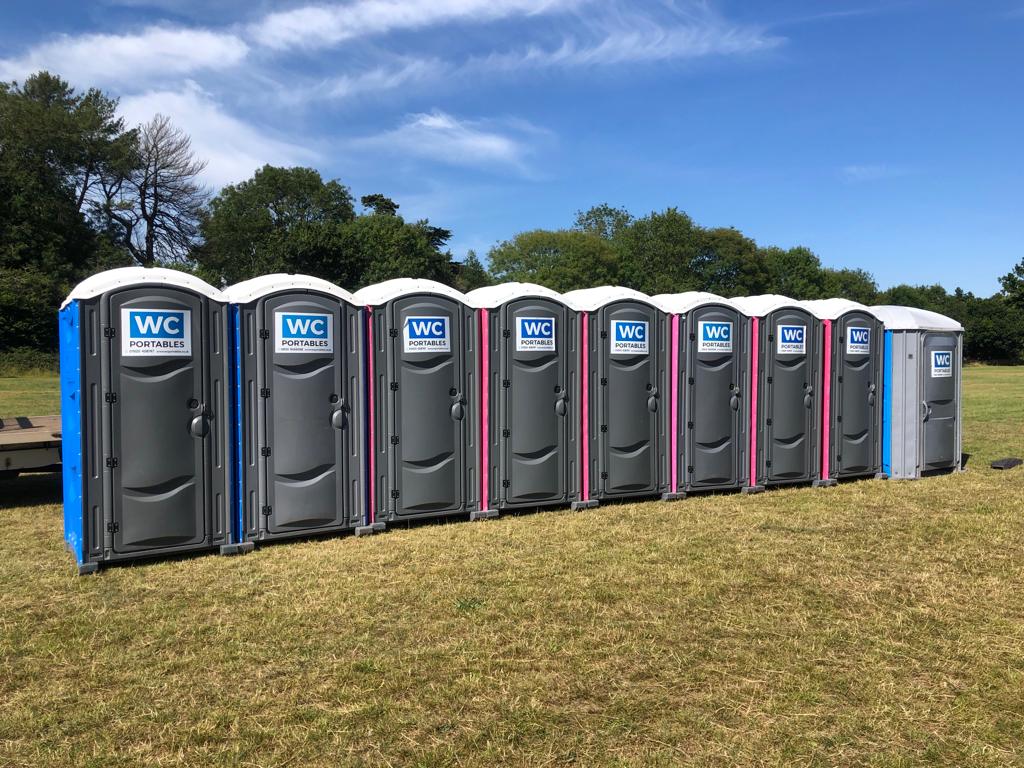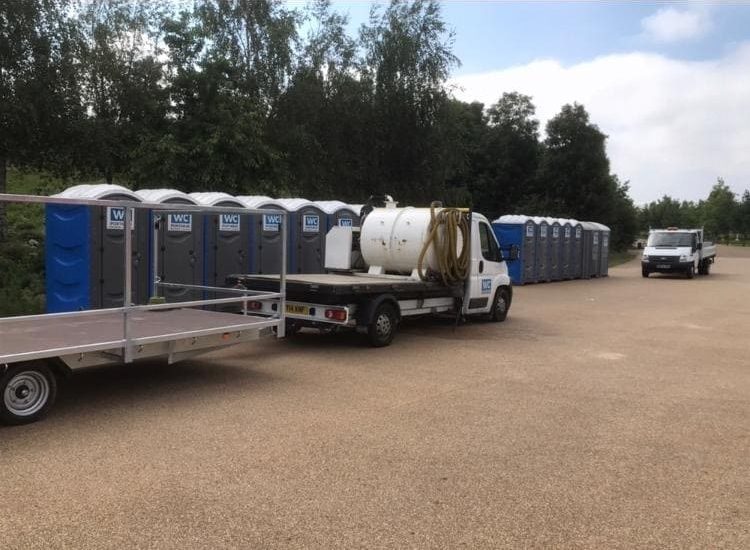Do you sometimes wonder why portable toilets are referred to as chemical toilets? We guess that you’ve seen or used a portable toilet in the past. You might be thinking chemical toilets are different from mobile units. Or assume that they smell chemicals or were constructed by chemical engineers. These are innocent assumptions, and a few others will share this sentiment. The word ” chemical ” may have been overused in high-school chemistry lessons as it is usually considered a distinct compound or substance that has been artificially put together or purified. We use or come into contact with a variety of chemical substances. Wondering what some of these chemical substances could be?
We rely on toothpaste to keep our breath fresh and our mouths clean, but it is made of calcium carbonate and sodium fluoride. We all need a good shower to wash off dead skin and clear up our pores to function at their best. Soap is essential in effectively washing our skin from dirt and comprises a component known as Esters. These are some examples of chemicals used in our daily life. There is a wide range of other chemical goods we use in life. In the light of making chemicals trivial, why are some portable toilet units referred to as chemical toilets? Let’s discover more.
Why portable units are referred to as chemical toilets
Portable units from a functional perspective meet the same need as standard. These mobile facilities differ in how they flush and carry waste to sewers. In conventional toilets, waste is brought to a sewer. While in a portable unit, the waste is conveyed to a holding tank underneath the facility.
The magic happens in the tank that can be found right under the toilet seat. Chemicals are strategically placed on the tank to assist with the systematic breaking down of solid waste, kill microorganisms, overwhelm smell and diminish toilet paper. You now know that this synthetic component can separate solid waste from the holding tank while users continue to handle their business.
In these mobile units, waste is continually chemically treated until disposal. You don’t need to figure out how this whole sequence works. All that is required is to safely use the portable units at events, construction sites, or other venues and allow portable hire companies like us to deal with the nitty-gritty of a functional mobile unit.
Next time you visit a mobile facility to answer the call of nature, it is essential to remember that underneath the seat is a holding tank that helps the environment systematically handle human waste. Without these chemicals, portable toilet units will find it difficult to function effectively.




